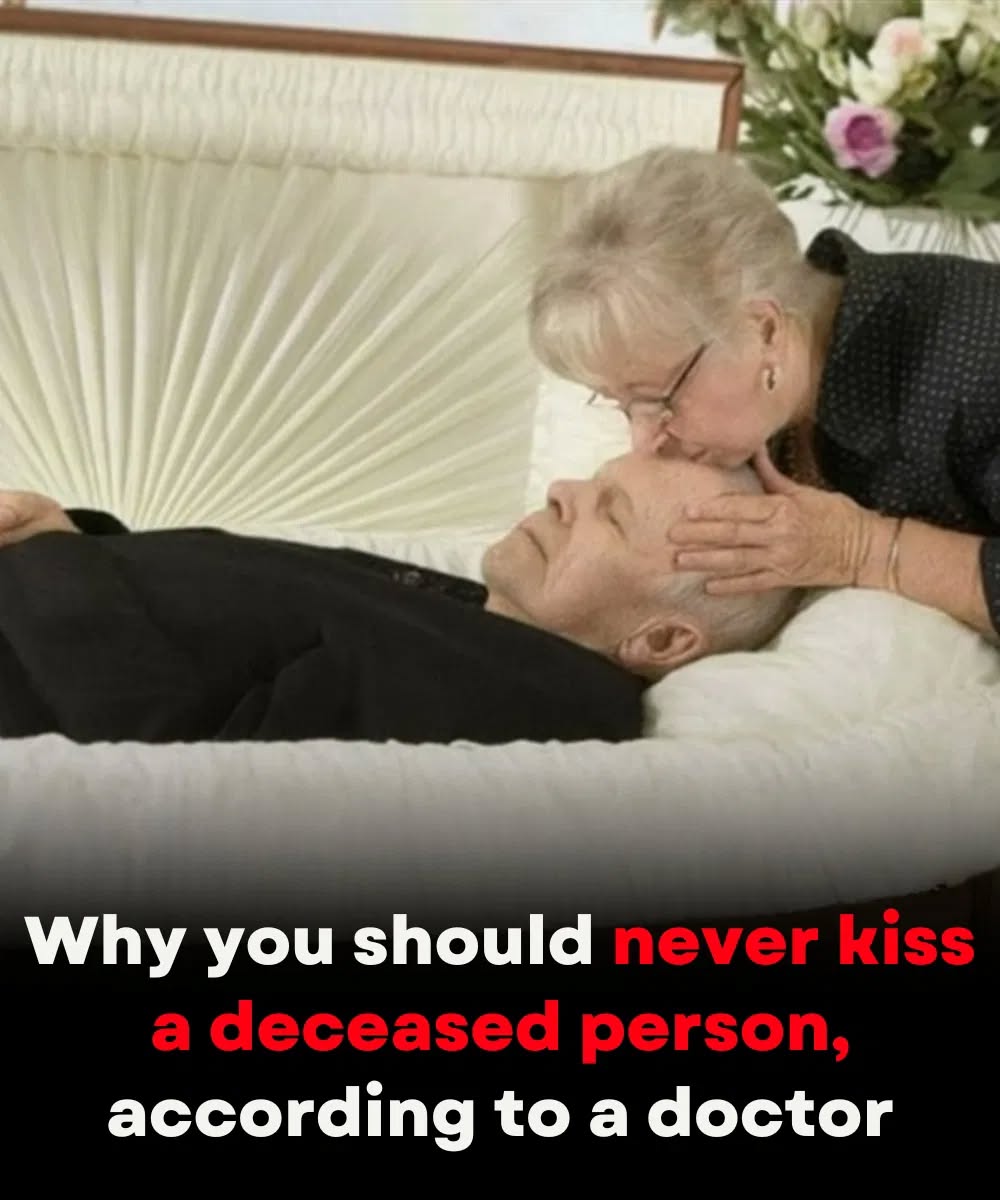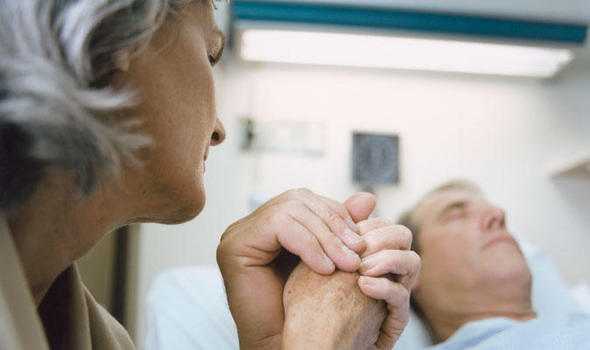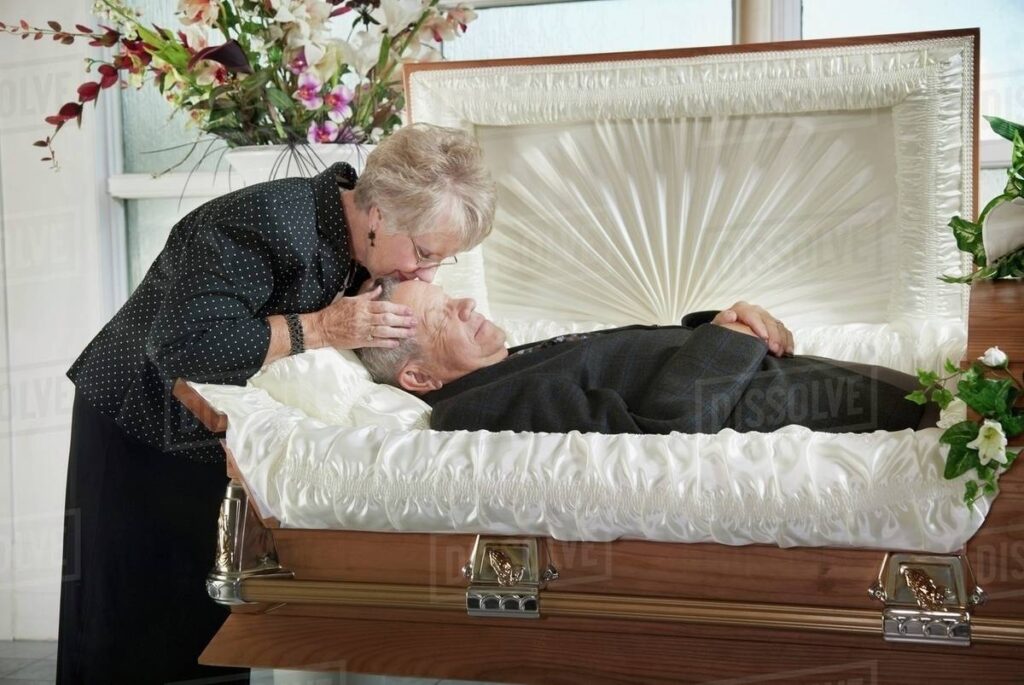The Final Kiss: Is Saying Goodbye With Your Lips a Hidden Risk?
It’s a powerful, tender moment: a final kiss goodbye to a loved one. But what if this deeply emotional act carries an unexpected, even dangerous, risk? A viral video by Moldovan doctor Viktor Ivanovik, with his 300,000 TikTok followers, ignited a fierce global debate by issuing a stark warning: think twice before kissing the deceased.
His core message is unsettlingly simple: even after death, harmful bacteria and pathogens can linger, particularly if the person died from an infection. In rare, but critical cases, these germs could potentially transfer to the living. This revelation sparked a torrent of reactions online, dividing opinion between those prioritizing safety and others who felt it desecrated a sacred tradition.
Grief’s Embrace vs. Caution’s Call
Across cultures and centuries, touching or kissing the deceased has been a cornerstone of grief, a final, tangible expression of love and farewell. A gentle kiss on a cold forehead, holding a lifeless hand – these acts provide solace, a ritualized release for overwhelming sorrow.

However, the shadow of infectious disease outbreaks, like the recent COVID-19 pandemic, forced a brutal re-evaluation. Public health guidelines swiftly advised against such practices, not out of heartlessness, but out of a stark necessity to prevent further spread. In these contexts, even the smallest theoretical risk becomes a significant public health concern.
What Does Medical Science Actually Say?
For most natural deaths from non-communicable causes, the risk of infection from a deceased person is generally considered minimal. But “minimal” doesn’t mean “zero,” and there are crucial exceptions:
Tuberculosis (TB)
Hepatitis B or C
Certain viral hemorrhagic fevers (like Ebola or Marburg)
Other severe bacterial infections that can survive outside the body
In these specific scenarios, medical professionals strongly advise extreme caution, even post-mortem. This is precisely why consulting a healthcare provider or licensed funeral director is crucial if you have any doubts. They are the frontline experts who can offer guidance based on the specific cause of death and circumstances.

Meaningful Goodbyes Beyond the Kiss
If direct physical contact feels too risky, or if health precautions prevent it, there are countless other profound ways to express your love and say farewell. These alternatives can be just as emotionally resonant, without any associated health concerns:
Place a cherished flower gently near your loved one’s hands or heart.
Light a candle and dedicate a quiet moment of profound reflection.
Write a deeply personal letter and tuck it into their clothing or casket, a final message of love.
Create a memory table at home, filled with photos, significant objects, or music that held special meaning for both of you.
These symbolic acts resonate with immense emotion, offering closure and connection in a safe way.
Love, Respect, and Informed Choices
Ultimately, this isn’t just a debate about medical science; it’s about the deeply human process of navigating loss. Whether you choose physical contact during a final goodbye or opt for an alternative, what truly matters is the intention behind your gesture. Love and respect can be expressed in countless ways.
The key lies in making informed decisions, guided by care, compassion, and the best available advice. In moments of intense grief, having clarity on these choices can provide a quiet peace, ensuring your farewell is both heartfelt and safe.
Disclaimer: This information is for general knowledge only and should not replace professional medical or funeral advice. Always consult a trusted healthcare provider or licensed mortuary professional for guidance tailored to your specific situation.

